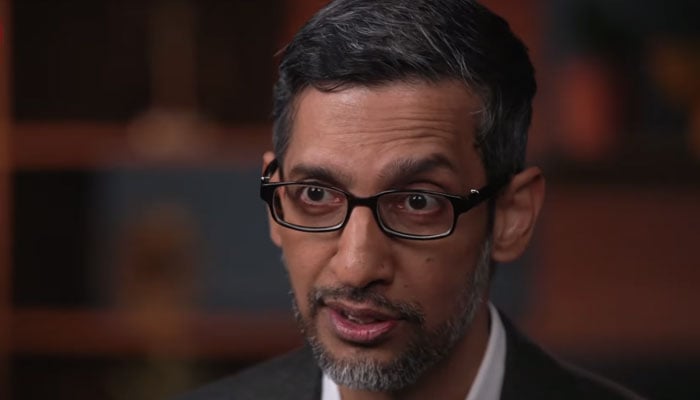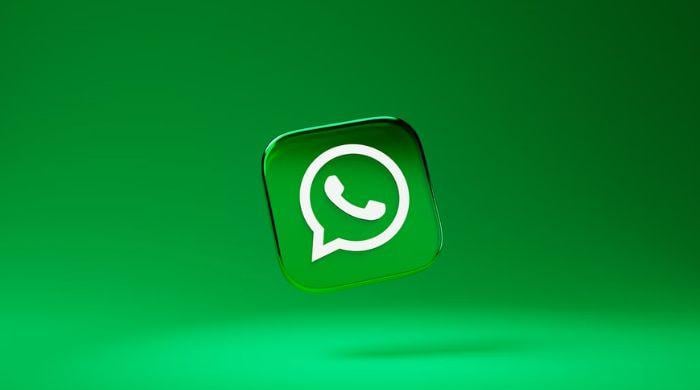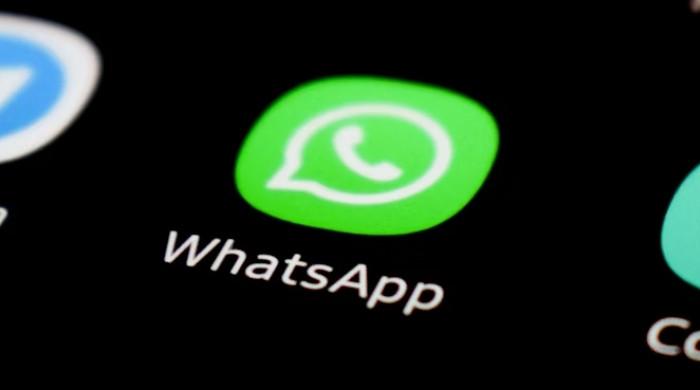CEO Sundar Pichai warns threats to jobs, fake news as challenges from AI
Society must adapt to laws to punish abuse, treaties among nations to make AI safe for the world, says Sundar Pichai
April 17, 2023

Amid ChatGPT's rise, Google and Alphabet CEO Sundar Pichai expressed his concerns over the arrival of artificial intelligence (AI) and believes it may disrupt jobs of knowledge workers, posing a larger threat to information and news.
Speaking in an interview on CBS 60 Minutes which was aired on Sunday, Pichai said that the quick development of AI will impact products of every company, and also highlighted that society needs to be prepared for such technologies.
On Google's chatbot Bard, Pichai said: “We need to adapt as a society.
The CEO went on to state that jobs that would be disrupted by AI would include knowledge workers, including writers, accountants, architects and, ironically, even software engineers.
This is going to impact every product across every company, noted Pichai adding, "For example, you could be a radiologist, if you think about five to ten years from now, you're going to have an AI collaborator with you. You come in the morning, let's say you have a hundred things to go through, it may say, 'these are the most serious cases you need to look at first'."
Highlighting his concerns over the threat to information, Pichai said the scale of the problem of disinformation and fake news and images will be much bigger, which he believes "could cause harm."
In March, Pichai reportedly told employees that "the success of its newly launched Bard program now hinges on public testing", adding that "things will go wrong."
Bard is a chatbot launched by Google as an experimental product last month. The launch came after Microsoft announced in January that its search engine Bing would now be relaunched in collaboration with OpenAI's widely known ChatGPT technology.
The development is followed by an open letter written by technology executives, and AI researchers calling for a pause of six months in building a system that could be far more powerful than OpenAI's ChatGPT 4.
In the letter, it was mentioned that AI labs are currently locked in an "out-of-control race" to develop and deploy machine learning systems "that no one — not even their creators — can understand, predict, or reliably control."
Google had also suggested some recommendations to regulate AI technology.
Citing concerns, Google CEO said, "Society must quickly adapt with regulation, laws to punish abuse and treaties among nations to make AI safe for the world as well as rules that Align with human values including morality."
He also added: "It's not for a company to decide. This is why I think the development of this needs to include not just engineers but social scientists, ethicists, philosophers, and so on."
While responding to the question of whether society is ready for chatbots like Google’s Bard, he said: "On one hand, I feel no, because the pace at which we can think and adapt as societal institutions, compared to the pace at which the technology is evolving, there seems to be a mismatch."
Nevertheless, he noted that "the number of people who have started worrying about the implications [of AI]" did so early on.
When asked about Bard suggesting some books about inflation that did not exist, Pichai said Bard has a lot of hallucinations, adding that “there is a black box with chatbots, where you don’t fully understand why or how it comes up with certain responses.”
Upon being asked why without full understanding, the company has built such a chatbot, Pichai responded that humans yet do not understand how their minds work.











